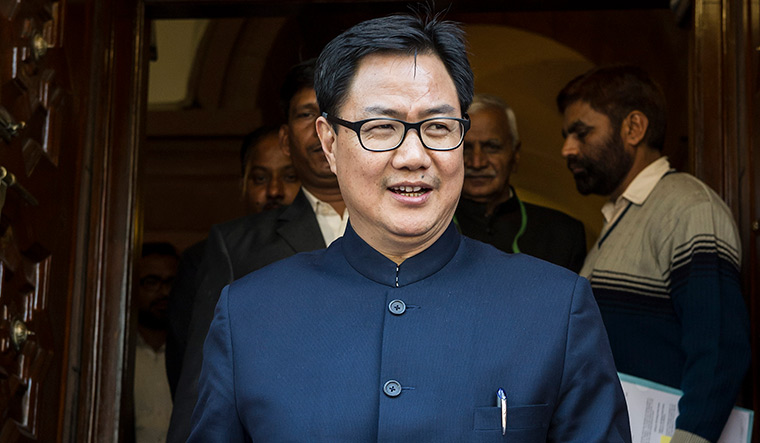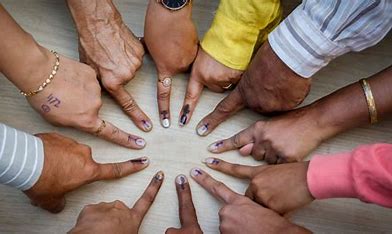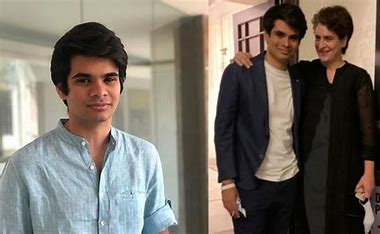
Union Law Minister Kiren Rijiju has written to the Chief Justice of India D Y Chandrachud expressing that he isn’t happy with the Collegium process for selecting judges while backing the reintroduction of the National Judicial Appointments Commission (NJAC) for picking judges. “It is just a follow-up action of the letters written earlier to CJI following the direction of the Supreme Court Constitution Bench while striking down the National Judicial Appointment Commission Act. The SC Constitution Bench had directed to restructure the MoP of the collegium system.”
The law minister also took to Twitter earlier today to post, “The contents in the letter to hon’ble CJI are exactly in conformity with the observations and directions of the Supreme Court Constitution Bench. Convenient politics is not advisable, especially in the name of the Judiciary. The Constitution of India is supreme and nobody is above it.”
Rijiju’s letter to the CJI pitched for the consideration of government agents in the High Court.
The Supreme Court Constitution Seat had coordinated the rebuilding of the Memorandum of Procedure (MoP) of the collegium framework. The MoP is a record that sets out the methodology for the arrangement of judges to the High Courts and the Supreme Court.
Under the present Collegium framework, the Chief Justice Of India alongside four senior-most High Court judges suggests the arrangements and moves of judges. CJI Chandrachud and Judges Sanjay Kishan Kaul, KM Joseph, MR Shah, Ajay Rastogi, and Sanjiv Khanna are among the current collegium of the High Court.
There have been many debates over the course of the past few years on the collegium system. A section of people has termed it as a close door affair with no transparency. The controversy again heated back at the end of 2022 when the Law Minister and the Vice President re-emphasized the introduction of NJAC. NJAC on the other hand is a refined system of selecting judges wherein a committee would be constituted which will also include the law minister and some government officials. So the main issue arises that the government will interfere in the selection process. In 2015, Supreme Court turned down the bill from implementing the NJAC and since then the debate has continued.















